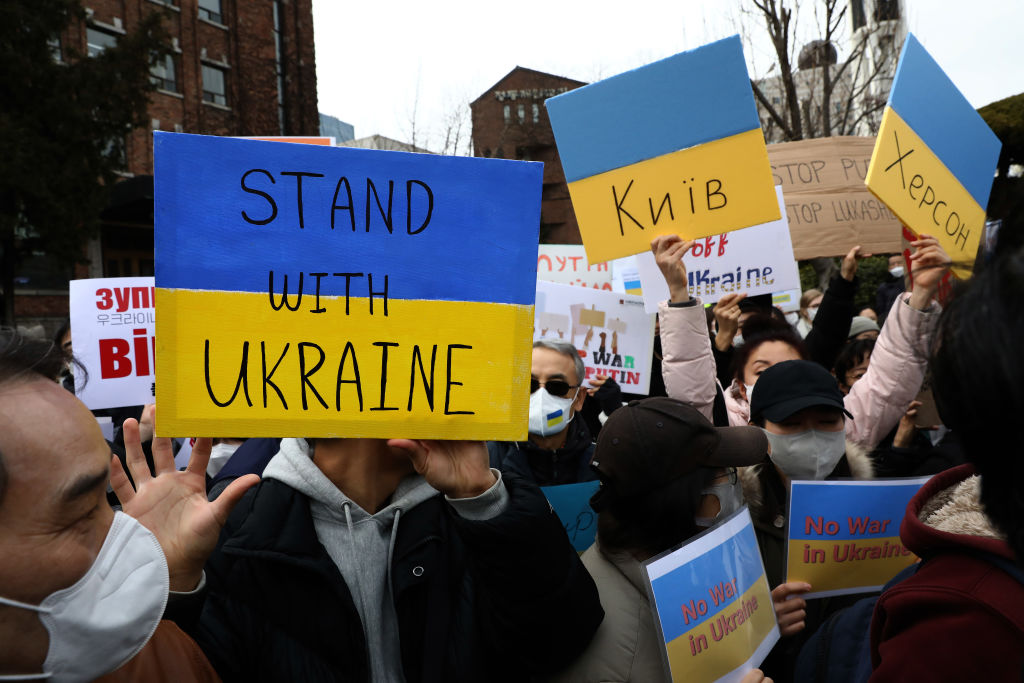Equinor cuts Rosneft ties amid escalating pressure to divest from Russia

State-owned Norwegian energy group Equinor has announced it will cut ties with Kremlin-backed Rosneft and divest from its joint ventures in Russia.
This follows BP ditching its 20 per cent stake in the company yesterday and resign from its board, taking an eye-watering $25bn hit in the process.
Russia’s invasion of Ukraine has unleashed heavy economic and political sanctions, with historic withdrawals from banks, technology companies.
While the West has so far avoided energy specific sanctions, fossil fuel giants are under increasing pressure to cut any perceived ties with the Kremlin.
ExxonMobil, Shell and TotalEnergies will also likely come under pressure to sever their links with Russia in the coming days.
Equinor brokered a strategic cooperation agreement with Rosneft in 2012, and has operated within Russia over the past 30 years.
While it scaled down the partnership following Russia’s annexation of the Crimea, its arrangements still included several joint ventures such as the heavy oil and gas field North Komsomolskoye in West Siberia and the North Danilovsky development in Eastern Siberia.
Prior to the decision, Equinor’s petroleum production in Russia stood at 25,000 barrels of oil equivalent per day (boepd), while the company also has 70 employees in Russia.
Equinor chief executive Anders Opedal explained that Russia’s decision to invade Ukraine had represented a fundamental shift.
He said: “In the current situation, we regard our position as untenable.”
Equinor’s non-current assets in Russia were valued at $1.2bn at the end of 2021, and the company also expects its divestment to result in financial costs.
Separate to Equinor’s decision, the Norwegian government has announced that its sovereign wealth fund, the world’s largest, would offload its Russian assets, worth around 25 billion Norwegian crowns ($2.8bn).
However, it is unclear how BP or Equinor will exit their arrangements after Russia’s central bank has told brokers to temporarily not fulfill orders to sell securities by non-residents.